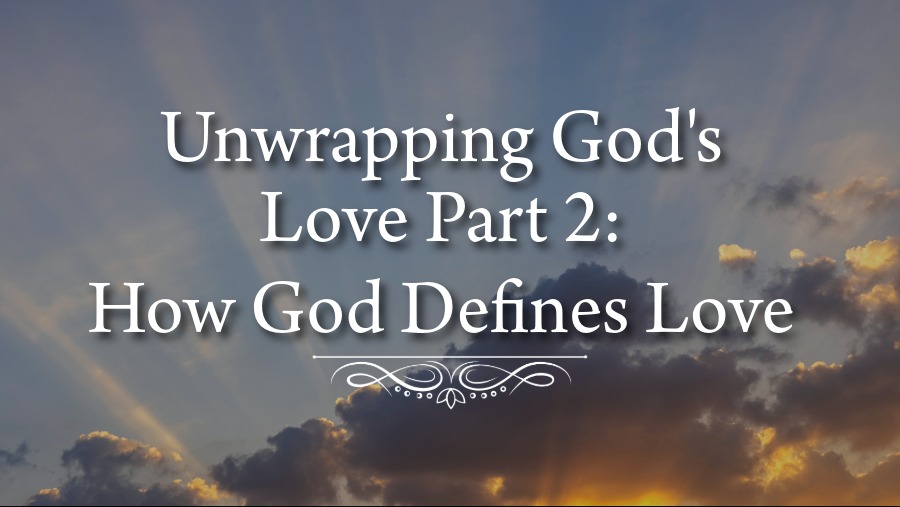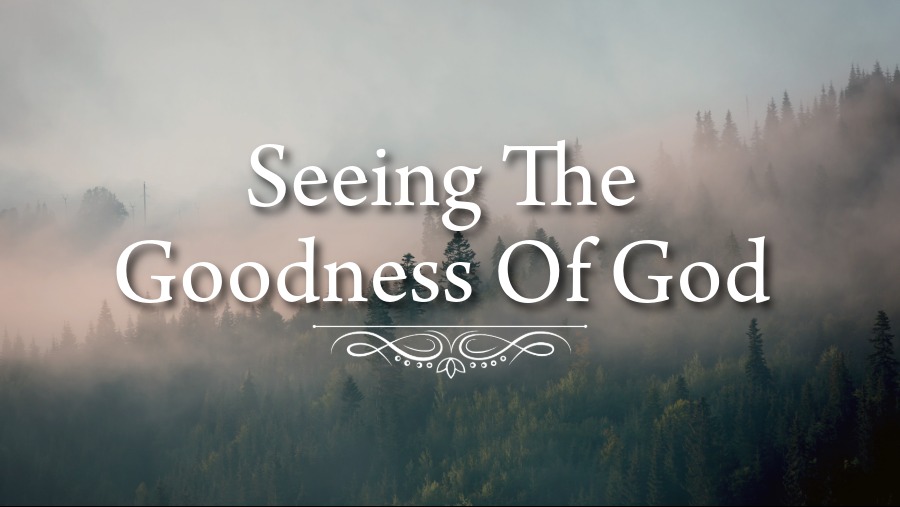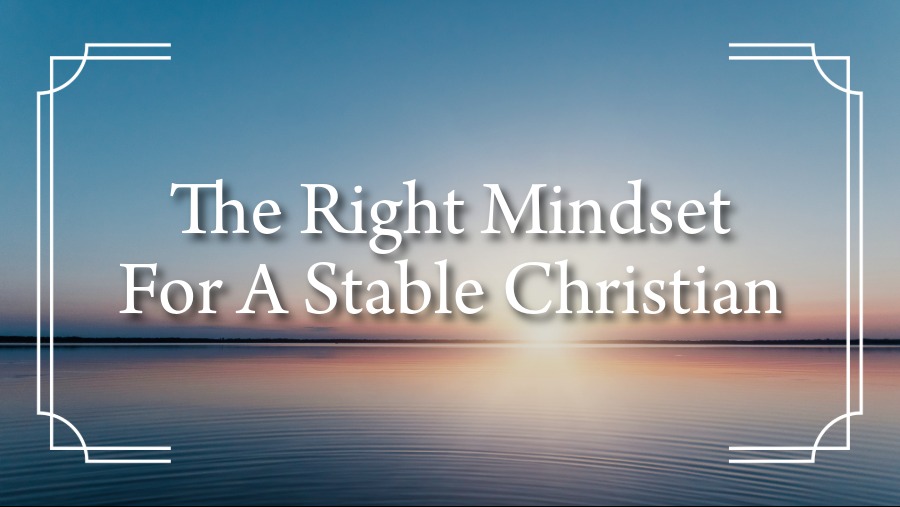
Perfect Peace In An Imperfect World
In Isaiah 26, the prophet speaks to a nation blessed with prosperity yet overcome by panic, outwardly religious yet inwardly restless. Judah sought safety from Assyria’s threat but turned to Egypt for help instead of trusting God. Egypt, a biblical symbol of the world, represented human dependence rather than divine faith. Pastor Ortiz used this passage to illustrate how believers today often mirror Judah—seeking peace through worldly means rather than surrender to God. The message centered on how to experience perfect peace in an imperfect world.
1. The Source of Perfect Peace
Isaiah declares, “Thou wilt keep him in perfect peace, whose mind is stayed on thee: because he trusteth in thee.”
Pastor Ortiz explained that peace is not the absence of conflict but the presence of Christ. True peace is not something external to be acquired, but an inner condition sustained by a heart fixed on God. The world continually “pops the balloons of peace”—through politics, personal struggles, or relational chaos—but only those whose minds remain anchored in God’s character can experience unbroken calm.
He noted that Isaiah’s phrase “perfect peace” literally reads shalom shalom in Hebrew, meaning complete, continual, overflowing peace. Repetition in Hebrew is used to emphasize intensity. This peace is not temporary comfort; it is a stable, sustaining condition of the soul grounded in trust. God Himself becomes the keeper—the guard—of those who rest their minds on Him.
2. The Hindrance to Peace: Double-Mindedness
Pastor Ortiz emphasized that believers often lose peace not because of external pressure, but because of internal instability. Like Judah, we live “double-minded,” oscillating between trust in God and reliance on worldly solutions.
- On Sunday we sing “The Old Rugged Cross,” but on Monday we grumble about work, finances, or government.
- We pray with confidence in God’s provision, then complain about what we lack.
- In parenting, we alternate between spiritual patience and carnal frustration.
This constant toggling between spiritual and worldly responses erodes peace. True peace requires consistency—faith that remains steadfast regardless of circumstance.
3. False Substitutes for Peace
The pastor shared a vivid story about a man battling alcoholism. The man initially fought to attend church faithfully, even sleeping in his clothes to ensure he’d make it on Sunday. But later he tried to “reward himself” for progress by drinking again—returning to the very source of bondage he sought freedom from.
Pastor Ortiz compared this to believers who seek spiritual strength through worldly reliefs—temporary escapes, self-indulgence, or alliances with ungodly influences—just as Judah turned to Egypt. Attempting to gain peace through fleshly means always leads back to emptiness.
You cannot build a strong foundation on broken pieces. Just as a foolish man built his house on sand—crushed fragments of rock—so too do we destroy stability when we build our lives on worldly philosophies instead of on Christ, the Rock.
4. The Path to Peace: Trusting and Abiding
The key to “perfect peace” lies in a mind stayed on God—a continual abiding similar to Jesus’ teaching in John 15.
To “stay” means to dwell or rest continually. Our thoughts must live in Christ, not merely visit Him on Sundays. Pastor Ortiz challenged the congregation: “What occupies your thoughts? What lives rent-free in your head?”
If our minds are consumed with impurity, fear, or endless noise, peace cannot take root. What we allow in our music, entertainment, and conversations eventually shapes our inner world. Our thought life determines our spiritual atmosphere.
Thus, perfect peace is reserved for those who trust—who cast their full weight upon God, like falling onto a bed without hesitation. This trust is not naive optimism but confident reliance on God’s unbroken record of faithfulness.
5. God’s Record: He Never Loses
When Isaiah said, “Thou wilt keep,” he used a Hebrew word meaning “to guard continually.” God has never lost a battle. Even when His people suffered defeat, it was never because He failed—it was because they moved ahead without Him.
- Israel’s loss at Ai occurred not because God was weak but because Joshua never sought Him before attacking.
- Babylon’s conquest of Israel was not God’s defeat but His discipline, using Babylon to correct His wandering people.
The pastor reminded the church: “God does not take losses.” Therefore, believers can trust Him absolutely—He will guard, protect, and sustain.
6. The Experience of Peace Through Trust
Isaiah 26:4 concludes, “Trust ye in the Lord forever: for in the Lord Jehovah is everlasting strength.”
Trust here means a bold, carefree reliance—the same confidence with which we collapse onto a bed after a long day. Peace comes when we stop trying to control outcomes and rest in God’s sufficiency.
Trusting God is not a momentary act but a continuous lifestyle—“forever.” Pastor Ortiz contrasted optimism and faith: optimism hopes that things will work out; faith knows Who holds the outcome. Believers may not understand their suffering, but continued trust refines faith, just as Moses, Israel, and Caleb learned through trial after trial. Caleb’s enduring faith, he said, allowed him in his old age to say, “Give me that mountain.” Peace grows through steady trust over time.
7. The Four Pillars of Lasting Peace
To summarize, Pastor Ortiz offered four foundations for peace:
- Safety in God – our lives are built upon His unshakable foundation.
- Support from God – He strengthens and guards us.
- Surrender to God – peace requires yielding control.
- Stability in God – consistency in trust brings rest to the soul.
When these are present, a believer can stand firm regardless of storms.
8. The Three Dimensions of Peace
At the close, Pastor Ortiz described three kinds of peace every believer must understand:
- Peace with God – positional peace, gained through salvation.
- Romans 5:1: “Being justified by faith, we have peace with God through our Lord Jesus Christ.”
- It answers the question: “Do you know where your soul will go when you die?”
- Peace of God – experiential peace, sustained by submission and obedience.
- Colossians 3:15: “Let the peace of God rule in your hearts.”
- Peace from God – relational peace, flowing from His abiding presence.
- 2 Thessalonians 3:16: “Now the Lord of peace himself give you peace always by all means.”
Every believer must settle all three: be reconciled to God through salvation, submit to God in obedience, and remain near to God in daily fellowship.
9. The Call to Reflection
Pastor Ortiz closed by asking the congregation:
“Do you have peace this morning? Which peace do you need—with God, of God, or from God?”
He invited those struggling with anxiety, double-mindedness, or spiritual unrest to seek the Prince of Peace personally. True peace, he said, is not fabricated through mental effort or temporary comfort. It is a gift from God Himself.
When the heart is yielded, when the mind is stayed, and when trust is continuous, God promises to “keep him in perfect peace.”



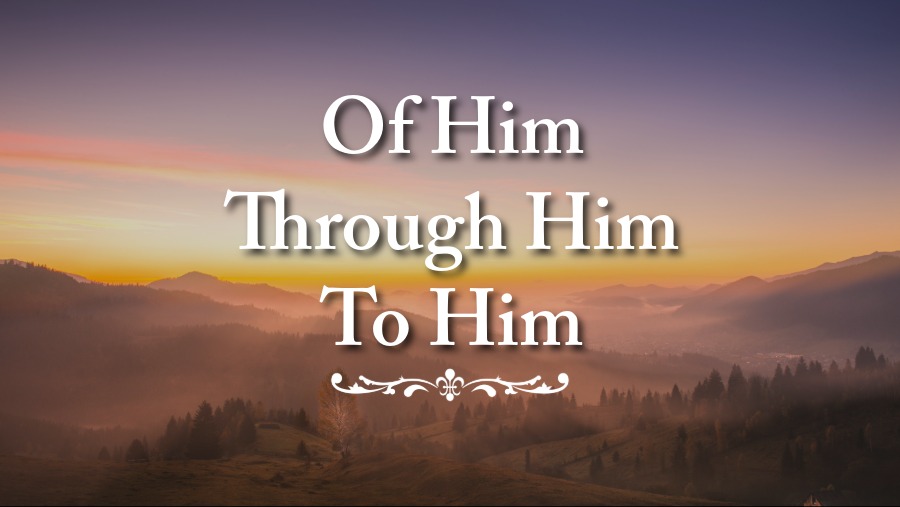

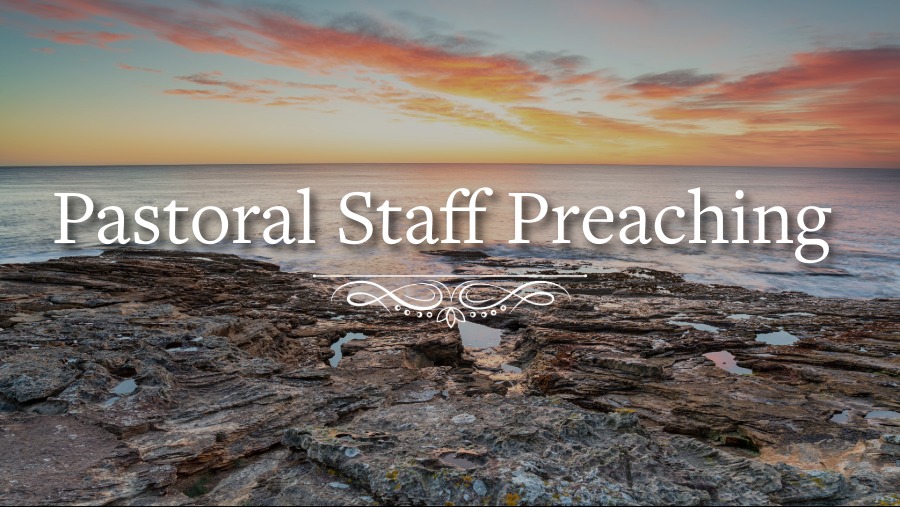



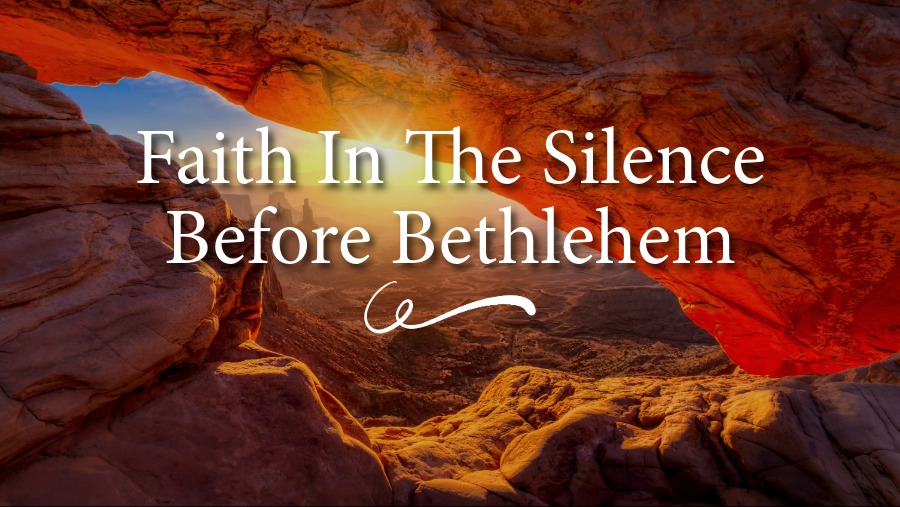
.jpeg)
